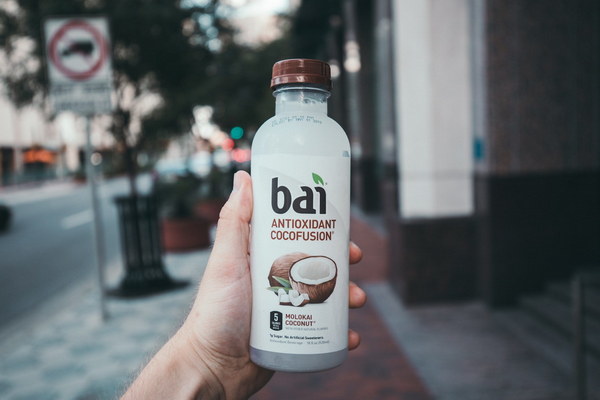Maximizing Liver and Spleen Health Effective Strategies for Liver and Stomach Care
In the fast-paced modern world, taking care of our health has become more important than ever. One of the key organs that often goes unnoticed is the liver, which plays a vital role in filtering toxins and metabolizing nutrients. Additionally, the spleen, which is often overlooked, plays a crucial role in immune function and blood production. This article aims to provide you with effective strategies for liver and stomach care to ensure optimal health.
1. Maintain a balanced diet
A well-balanced diet is essential for liver and stomach health. Include plenty of fruits, vegetables, whole grains, lean proteins, and healthy fats in your daily meals. These foods provide essential nutrients that support the liver's detoxification process and improve overall digestive health.
- Consume fiber-rich foods: High-fiber foods, such as fruits, vegetables, and whole grains, help to keep your digestive system healthy and promote regular bowel movements, which can aid in the elimination of waste products from the liver.
- Eat cruciferous vegetables: Broccoli, cauliflower, and kale contain compounds that support liver detoxification and reduce the risk of liver disease.
- Include healthy fats: Avocados, nuts, seeds, and olive oil contain monounsaturated fats that can help to reduce inflammation and support liver health.
2. Stay hydrated
Water is essential for the proper functioning of the liver and stomach. Adequate hydration helps to flush out toxins from the liver and keep the digestive system running smoothly. Aim to drink at least 8 glasses of water per day.
3. Exercise regularly
Regular physical activity promotes good circulation, which can help the liver to function more efficiently. Exercise also aids in weight management, which is important for maintaining a healthy liver. Aim to engage in moderate-intensity exercise for at least 30 minutes a day, such as walking, cycling, or swimming.
4. Avoid harmful substances
Exposure to harmful substances can put a strain on the liver and stomach. Limit or avoid alcohol consumption, as excessive alcohol intake can lead to liver damage. Additionally, avoid smoking and minimize exposure to other toxins, such as pesticides and pollutants.
5. Get enough sleep
Sleep is essential for overall health, including liver and stomach function. During sleep, the liver filters out toxins and repairs itself. Aim to get 7-9 hours of quality sleep per night.

6. Manage stress
Chronic stress can impair liver function and contribute to digestive issues. Find healthy ways to manage stress, such as practicing mindfulness, meditation, yoga, or engaging in hobbies you enjoy.
7. Consider herbal supplements
Herbal supplements can support liver and stomach health. Some popular options include milk thistle, dandelion root, and turmeric. Consult with a healthcare professional before starting any new supplement regimen.
8. Regular check-ups
Regular medical check-ups can help identify potential liver and stomach issues early on. Your healthcare provider can provide guidance on maintaining optimal health and recommend any necessary treatments.
In conclusion, taking care of your liver and stomach is essential for overall health and well-being. By following these effective strategies, you can ensure that these vital organs are functioning optimally and reduce your risk of developing liver and stomach-related diseases. Remember, prevention is always better than cure, so start incorporating these healthy habits into your daily routine today.









